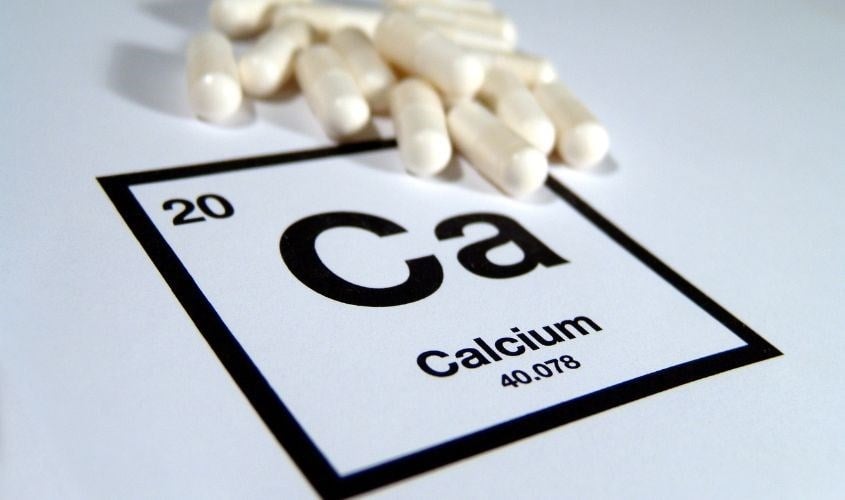The menopausal transition is a tumultuous time for a woman’s body, with declining hormone levels, irregular menstrual cycles, and prominent signs of perimenopause and menopause. Neglecting to provide the necessary nutrients can severely impact health and quality of life.
Thus, to prevent premature aging and safeguard their health, women should proactively take care of their bodies early on. However, many are unaware of how to properly nurture themselves to slow down aging and maintain long-term well-being.
1. As women enter middle age, they may encounter three concerning health risks:
Weight Gain and Chronic Illness Risk
Middle-aged women often struggle with weight gain due to a slower metabolism. Without proper weight management, excess fat accumulates under the skin and around organs, increasing the risk of chronic conditions such as obesity, hypertension, cardiovascular disease, and diabetes.

Bone and Joint Health Decline
Compared to men, women typically have lower bone density. The drop in estrogen during middle age accelerates bone weakness, increasing the risk of osteoporosis, fractures, and joint inflammation issues.
Menopausal Symptoms
Around the age of 50, women experience physiological changes such as irregular periods, insomnia, and mood swings, signaling perimenopause or menopause. Without timely intervention, this period can prolong, leading to depression and significantly impacting physical and mental health.
Solution: To tackle these changes, middle-aged women should focus on adjusting their diets and ensuring sufficient nutrient intake. This effective strategy slows down aging, improves overall health, and maintains a good quality of life.
2. Gynecologist’s Recommendation: Middle-aged Women Should Immediately Incorporate These Four Essential Nutrients, Without Delay
As women enter middle age, their bodies undergo noticeable physical and hormonal changes. To slow down aging and safeguard their health, experts advise promptly incorporating the following four critical nutrients:
1. Calcium – Combat Osteoporosis and Maintain a Youthful Figure
Middle-aged women tend to lose calcium rapidly, increasing the risk of osteoporosis, fractures, and reduced mobility. Adequate calcium intake not only strengthens bones but also contributes to slower aging.
Calcium can be obtained from dairy products, eggs, fish, shrimp, or supplements, as advised by your doctor.

2. Estrogen – Balance Hormones and Alleviate Menopausal Symptoms
The decline in estrogen during middle age is the primary cause of hot flashes, insomnia, irregular periods, and depression. Timely estrogen supplementation helps women navigate menopause more smoothly and lowers the risk of bone, joint, and cardiovascular issues.
Phytoestrogen-rich foods like soy, eggplant, seeds, and nuts, or functional foods, are ideal for supporting hormonal balance.
3. Folic Acid – Reduce the Risk of Cerebrovascular Accidents
Folic acid is crucial not only during pregnancy but also for middle-aged women. Research indicates that a deficiency increases the risk of cerebral infarction in the elderly.
Folic acid can be found in dark, leafy greens, fruits like kiwis, strawberries, and cherries, soy products, or supplements, as professionally advised.
4. Vitamin B Group – Boost Nervous System and Enhance Sleep Quality
Vitamin B plays a vital role in regulating nerve function and supporting sleep. During middle age, hormonal shifts can lead to stress, insomnia, and fatigue. Vitamin B supplementation soothes the nervous system and improves mood effectively.
Vitamin B-rich foods include whole grains, liver, eggs, dairy, and dairy products.
Advice: The body begins to age after 30. Therefore, don’t wait until health declines to prioritize nutrition. Early self-care is the key to maintaining a youthful appearance and long-term wellness into middle age and beyond.
































